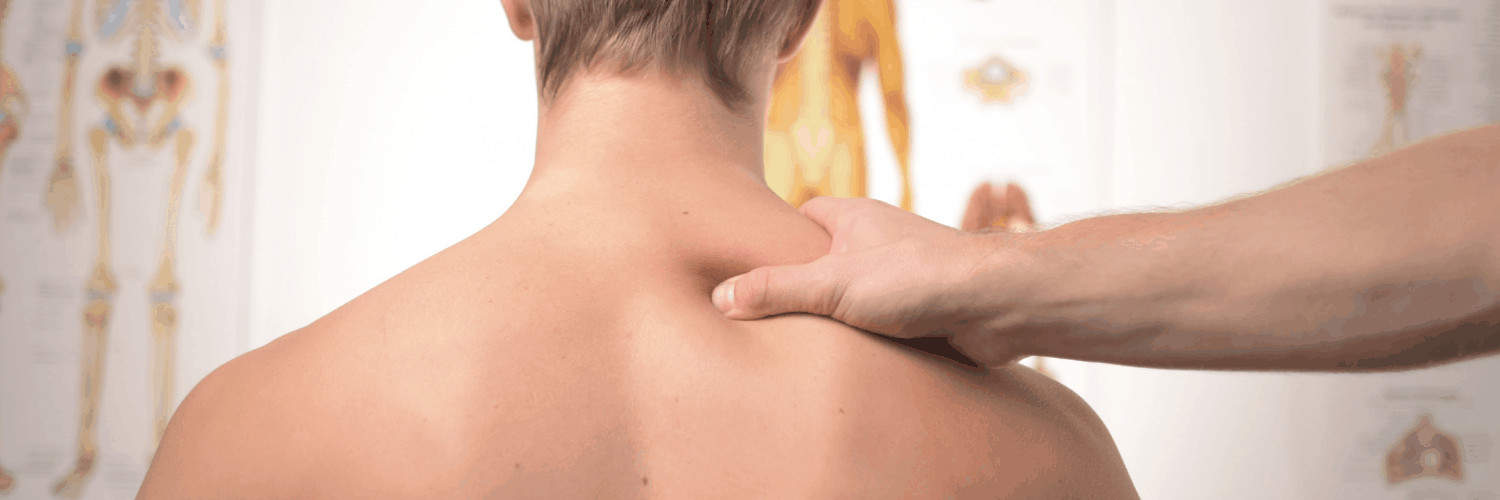Tag: rugby injuries
With the Rugby World Cup in full swing, our osteopath Andrew Doody takes you through some of the most common injuries in this most physical of sports.
The five most common rugby injuries:
A medial collateral ligament tear
This is the ligament on the inside of the knee. It stabilises the knee (along with the lateral collateral and cruciate ligaments). Due to the nature of tackling a player by hitting into the outside of the leg, this can often gap the opposite side, putting the ligament under enough strain to tear or even rupture. Quick changes of direction can also strain this ligament.
Haematoma of the thigh
In similar circumstances as the MCL injuries during tackling, impact on the thigh can often cause severe bruising of an area as the soft tissues are smashed against the thigh bone with blood vessels being damaged and blood then clotting around the area.
Hamstring tears
The three muscles on the back of the thigh, commonly known as the hamstrings are often injured in many sports, not only rugby. Rapid changes of pace can strain the muscle, especially if it is not fully warmed up (although research is beginning to show it’s not quite as simple as previously thought). Mechanical issues in the leg such as gait on running can also add to the danger of a tear.
Calf strain
In a similar fashion, the calf muscle is often strained, usually where it attaches to the Achilles tendon. Again, overuse, especially on a tired muscle, can cause strains, as can the mechanics of the foot and ankle complex.
Concussion
The one that has the spotlight on it most recently is, of course, concussion. Any blow to the head can cause varying degrees of concussion. This can be from mild to extremely serious. Very difficult to prevent in rugby, the emphasis has fallen on rapid identification of when a concussion has occurred and immediate action to minimise the danger of ongoing damage.
Rugby is a rough sport and it is always difficult to greatly lower the risk of injury without hugely compromising what is a great game. The RFU is working hard to achieve this though, through changes to the laws of rugby. As well as raising awareness of injuries, both in regard to preventative factors and response after injury occurs.
Osteopathy can stretch and condition the muscles and ease the pain; a routine of stretches to carry out at home can also be recommended. Andrew Doody offers a trusted osteopathy service which can assist with pain relief and also address the underlying causes of injuries, decreasing your chances of future injury.
If you have had a rugby injury or are experiencing any musculoskeletal problems, you can book an appointment online.




